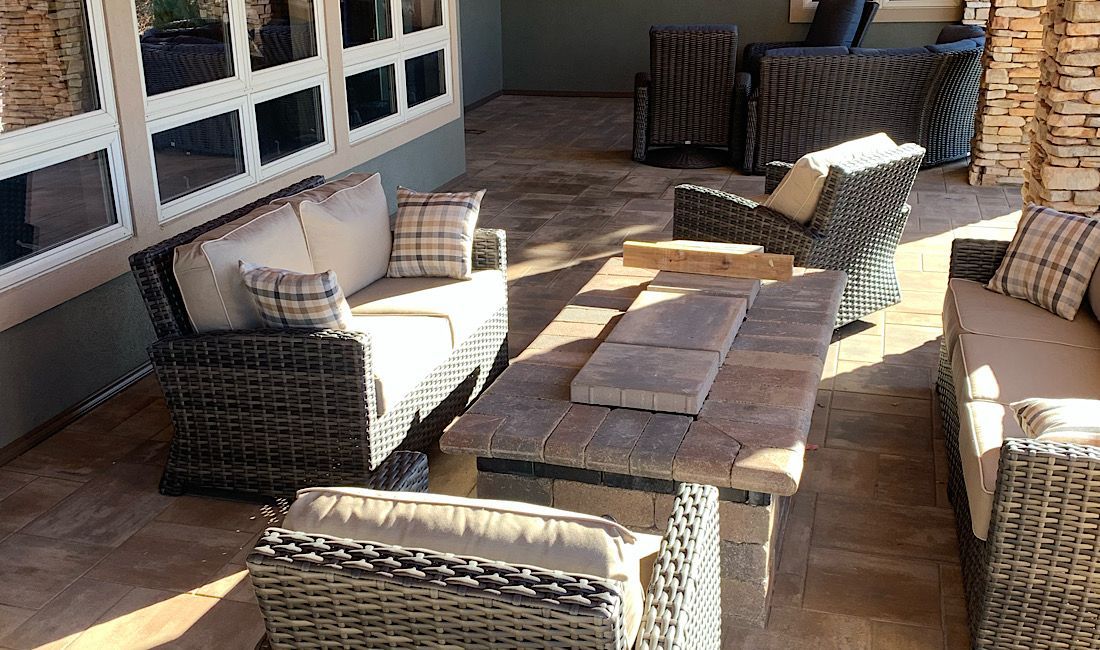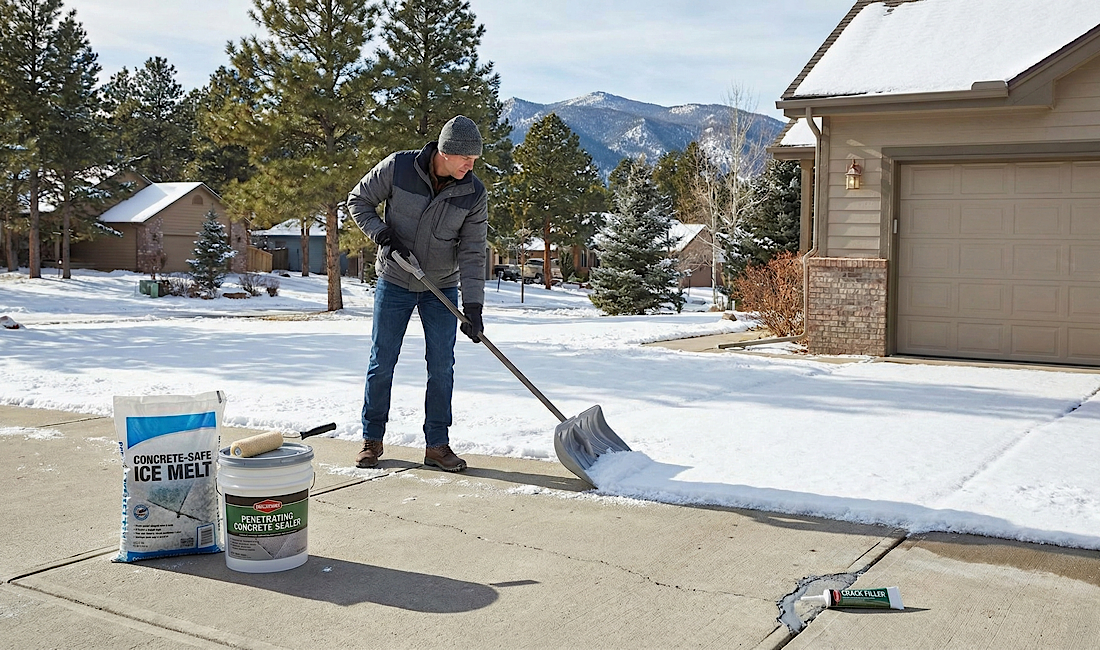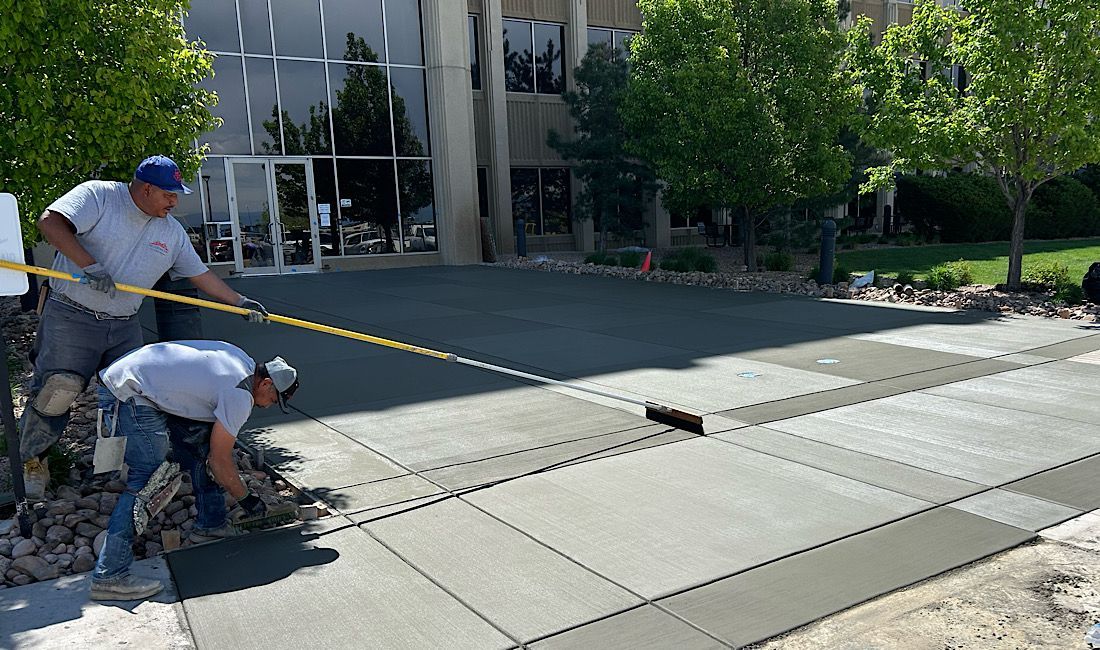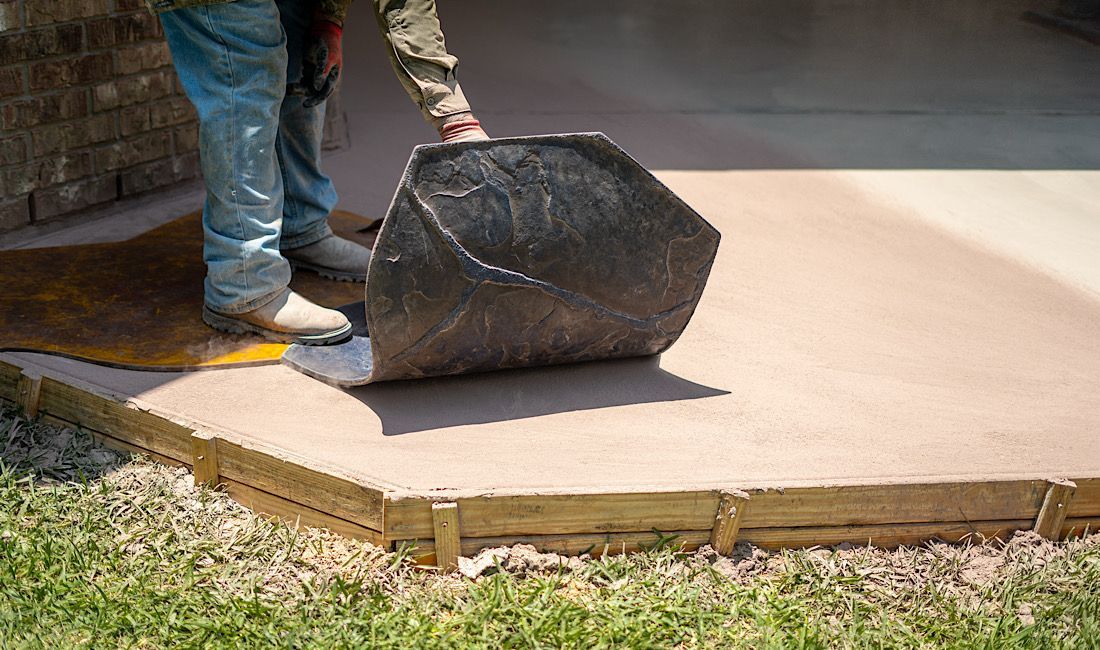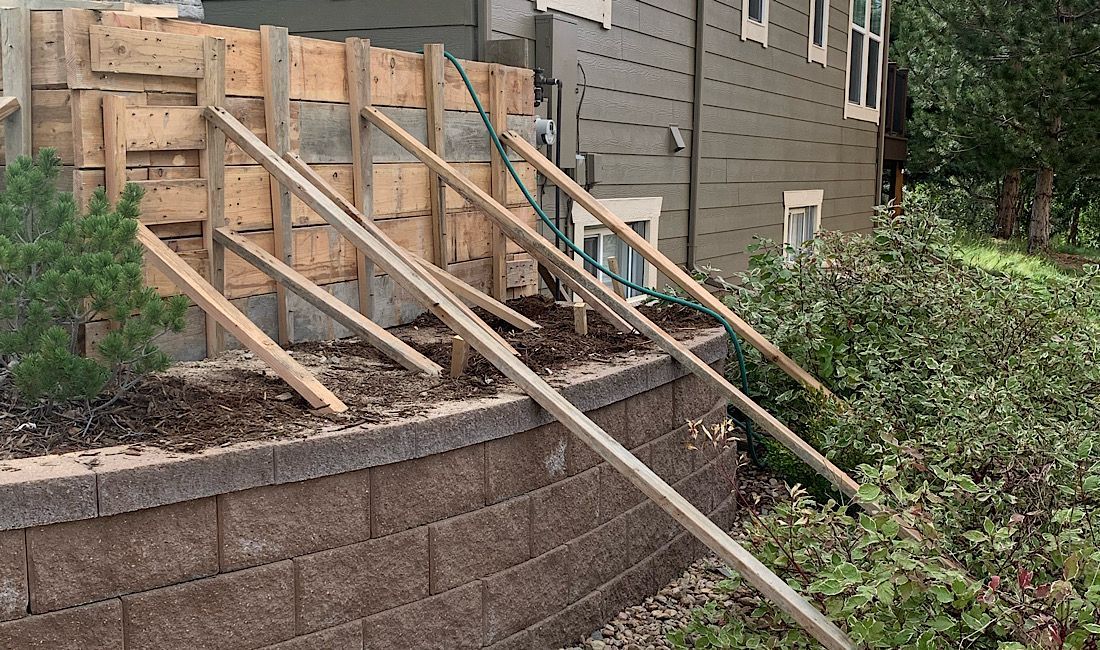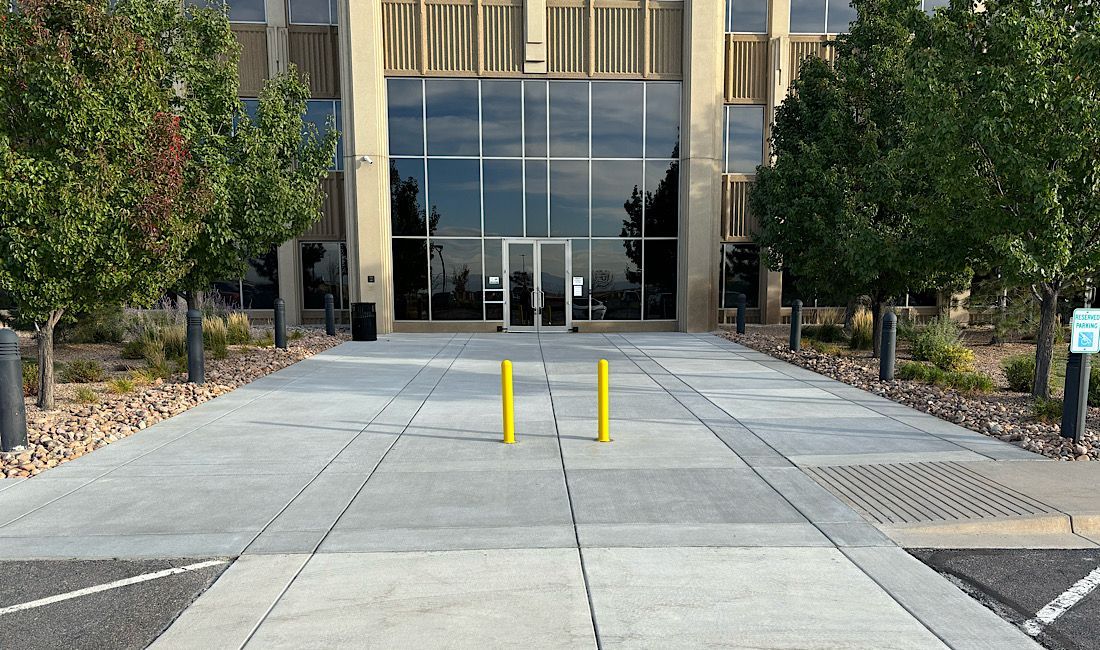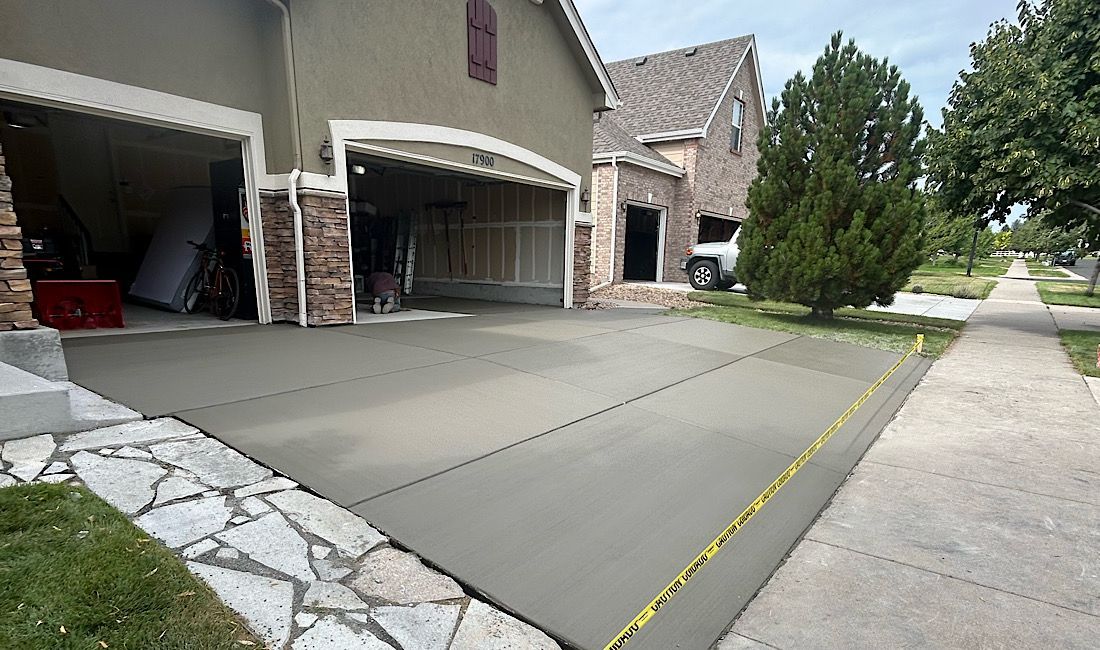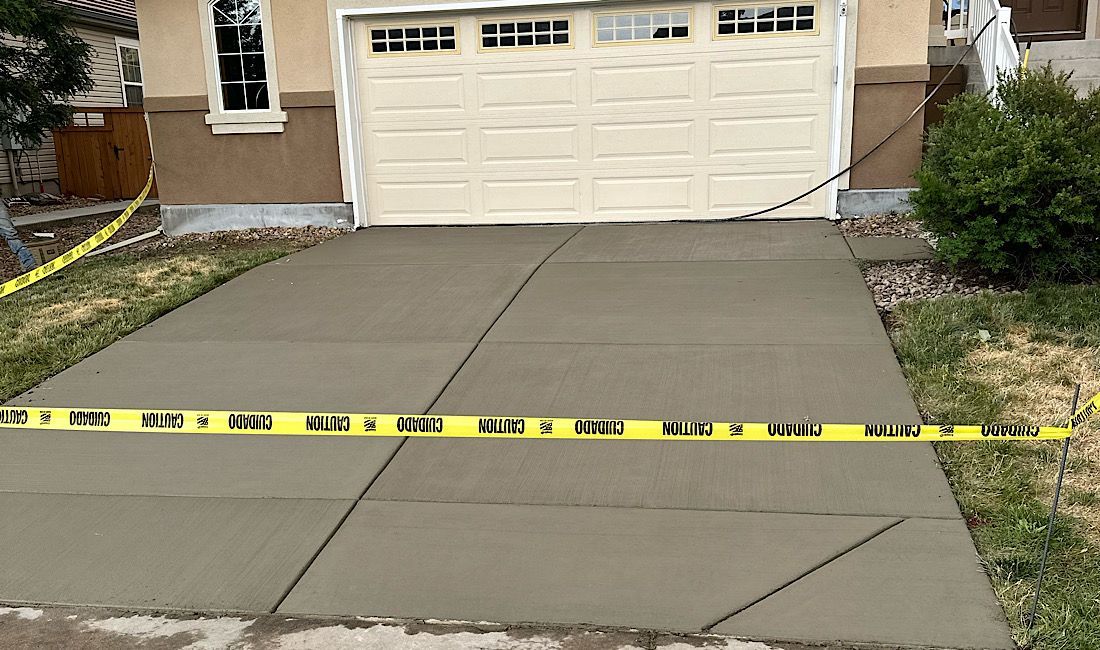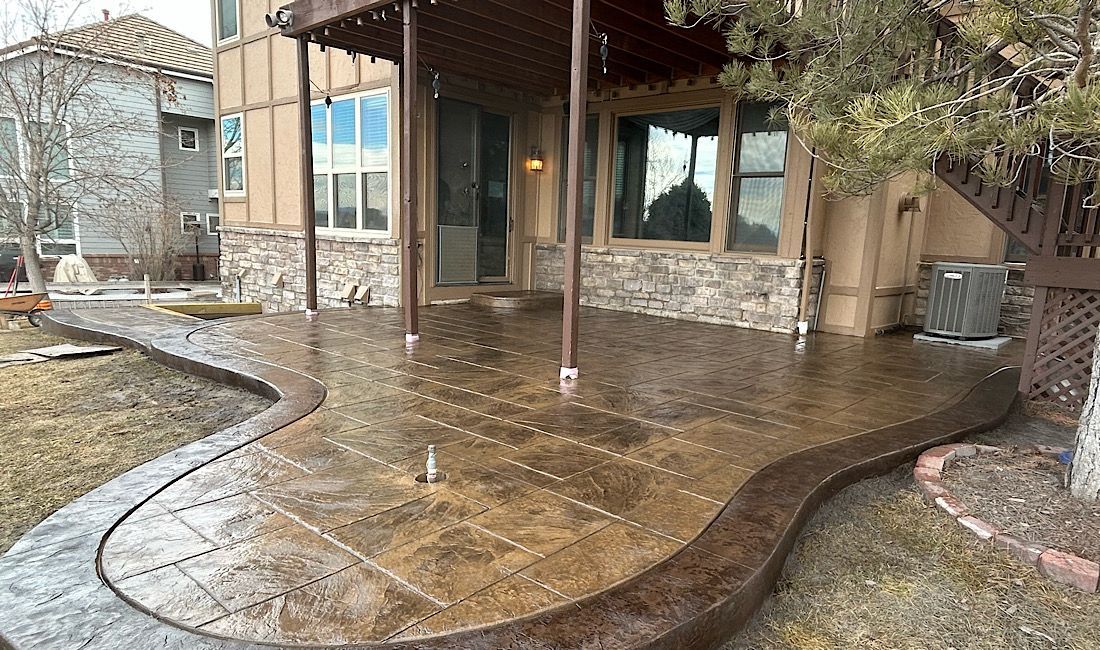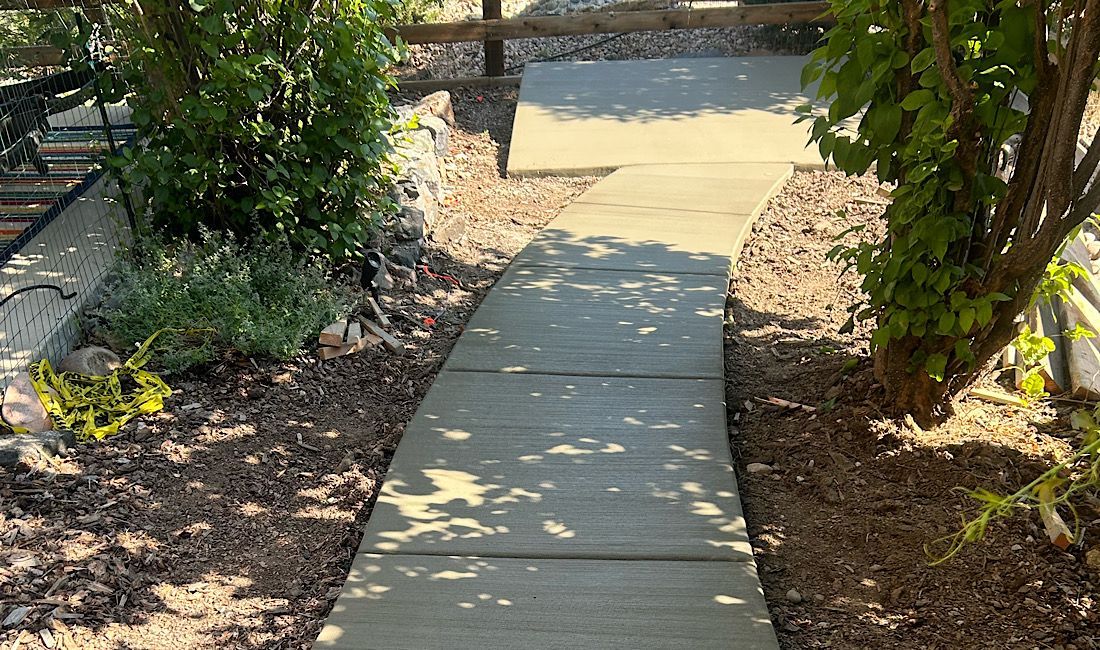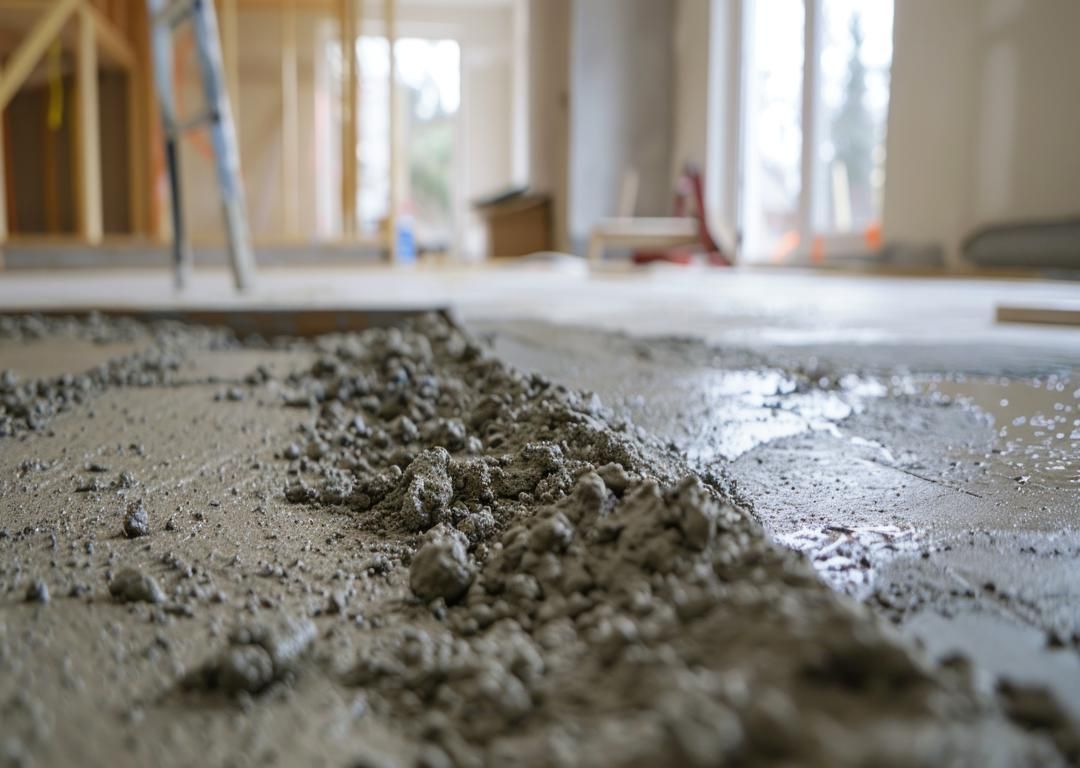
Your garage floor endures a lot: heavy vehicle traffic, oil spills, and constant exposure to dirt and grime. Over time, untreated concrete floors can crack, stain, and wear down, diminishing both the appearance and functionality of your garage. Choosing the right concrete coating for your garage can help protect the surface, enhance its appearance, and increase its durability. This guide will walk you through the different types of concrete coatings available, their benefits, and factors to consider when making your choice.
Why Concrete Coatings Matter
Garage floors are subject to significant wear and tear, which makes it essential to apply a protective coating. Concrete coatings offer numerous advantages, including:
- Durability: They protect the surface from damage caused by vehicles, tools, and chemical spills.
- Stain Resistance: Quality coatings help repel oil, grease, and other contaminants, making the floor easier to clean.
- Enhanced Aesthetics: Coatings come in various colors and finishes, allowing you to improve the appearance of your garage.
- Improved Safety: Some coatings offer slip-resistant finishes, which can be particularly useful in areas prone to spills or moisture.
Selecting the right coating can extend the life of your garage floor and give it a polished, professional look. Now, let's explore the most common types of concrete coatings for garage floors.
Epoxy Coatings
Epoxy is one of the most popular and durable options for garage floor coatings. It is a two-part mixture composed of resin and a hardening agent that, when combined, forms a thick, protective layer over the concrete surface. Epoxy is highly resistant to stains, chemicals, and abrasions, making it an excellent choice for garages that see a lot of traffic.
Benefits of Epoxy Coatings:
- Durability: Epoxy coatings are extremely tough and capable of withstanding heavy loads without cracking or chipping.
- Stain and Chemical Resistance: Epoxy is impervious to oil, gasoline, and most other automotive fluids, making spills easy to clean.
- Variety of Finishes: Available in different colors and finishes, epoxy can be customized with decorative chips or quartz for a unique, textured appearance.
- Glossy Finish: The high-gloss finish of epoxy not only looks great but also reflects light, making your garage brighter and more visually appealing.
Considerations:
- Curing Time: Epoxy coatings require time to cure fully, which can take several days, depending on the temperature and humidity levels.
- Preparation: The concrete surface must be thoroughly cleaned, etched, and sometimes repaired before the epoxy is applied, as it will not adhere properly to dirty or damaged concrete.
- UV Sensitivity: Standard epoxy can yellow or fade if exposed to direct sunlight over time. However, UV-resistant epoxies are available for added protection.
Polyurethane Coatings
Polyurethane coatings are another popular option, known for their flexibility and resistance to abrasions. Unlike epoxy, polyurethane coatings are slightly thinner but are more flexible, which allows them to absorb impacts better. They are often applied as a topcoat over an existing epoxy base for added protection and durability.
Benefits of Polyurethane Coatings:
- Impact Resistance: Polyurethane coatings are highly resistant to impacts, scratches, and abrasions, making them ideal for garages with heavy equipment or tools.
- UV Stability: Polyurethane is resistant to UV rays, meaning it won’t turn yellow or fade when exposed to sunlight, making it suitable for garages with natural light exposure.
- Temperature Resistance: Polyurethane coatings can withstand extreme temperatures without cracking, making them an excellent choice for areas with fluctuating weather conditions like Denver and Castle Rock.
Considerations:
- Thinner Coating: Because polyurethane coatings are thinner than epoxy, they may require more coats to achieve the desired level of protection.
- Cost: Polyurethane tends to be more expensive than epoxy, although its enhanced durability and UV resistance may justify the cost for many homeowners.
- Surface Preparation: As with epoxy, the concrete must be properly prepared to ensure the coating adheres and performs well.
Polyaspartic Coatings
Polyaspartic coatings are a type of polyurethane coating that offers fast curing times and superior durability. Originally developed for industrial use, polyaspartic coatings have made their way into residential applications, offering a quick and reliable solution for homeowners looking to protect their garage floors.
Benefits of Polyaspartic Coatings:
- Rapid Curing: Unlike epoxy, which can take days to cure, polyaspartic coatings cure within hours, allowing you to use your garage much sooner.
- Durability: Polyaspartic coatings are incredibly durable and resistant to chemical spills, abrasions, and even UV damage, making them a top choice for garage floors that experience heavy use.
- Temperature Tolerance: They can be applied in a wider range of temperatures compared to other coatings, making them suitable for garages in areas with extreme weather conditions.
Considerations:
- Cost: Polyaspartic coatings are one of the more expensive options available. However, the rapid installation and long-lasting durability can make up for the higher initial investment.
- Limited Working Time: Due to the fast curing process, the application must be done quickly and efficiently, which is why professional installation is often recommended.
Acrylic Sealer
Acrylic sealers are one of the most budget-friendly options for concrete coatings. While they don't offer the same level of durability as epoxy or polyurethane, they provide adequate protection for low-traffic garages or for homeowners looking for an inexpensive way to improve the appearance of their garage floor.
Benefits of Acrylic Sealers:
- Affordability: Acrylic sealers are the most cost-effective option, making them accessible for homeowners on a budget.
- Easy Application: These sealers are easy to apply and dry relatively quickly, often within a few hours.
- UV Resistance: Acrylic sealers are UV stable, preventing yellowing and maintaining the look of your garage floor over time.
Considerations:
- Less Durability: Acrylic sealers are not as durable as other coatings and may require more frequent reapplication, especially in high-traffic areas.
- Wear and Tear: While they offer basic protection, they are not as resistant to chemicals or heavy impacts as epoxy or polyurethane coatings.
Factors to Consider When Choosing a Coating
When deciding on the right concrete coating for your garage, there are several factors to take into account:
- Traffic Level: If your garage sees heavy traffic or is used for more than just parking (such as a workshop or storage area), you'll need a durable coating like epoxy or polyaspartic.
- Climate: For areas like Denver and Castle Rock, where weather can fluctuate dramatically, it’s important to choose a coating that can withstand temperature extremes and UV exposure.
- Budget: While epoxy and polyaspartic coatings offer the highest durability, acrylic sealers provide an affordable alternative for homeowners with smaller budgets or lower traffic needs.
- Aesthetic Preferences: If you want a customized look, stamped or colored epoxy may be your best option, whereas simpler coatings like acrylic sealer offer a more basic finish.
Selecting the right concrete coating for your garage floor is essential to protect your investment and enhance the space’s functionality and appearance. Epoxy, polyurethane, polyaspartic, and acrylic coatings all offer different levels of durability, protection, and aesthetic appeal. Depending on your budget, traffic levels, and climate conditions in Denver and Castle Rock, you can choose the best option that meets your needs.
For expert advice and professional installation, contact Creteworx today. Our team specializes in durable, high-quality concrete coatings that ensure long-lasting protection and a polished finish for your garage floor.
